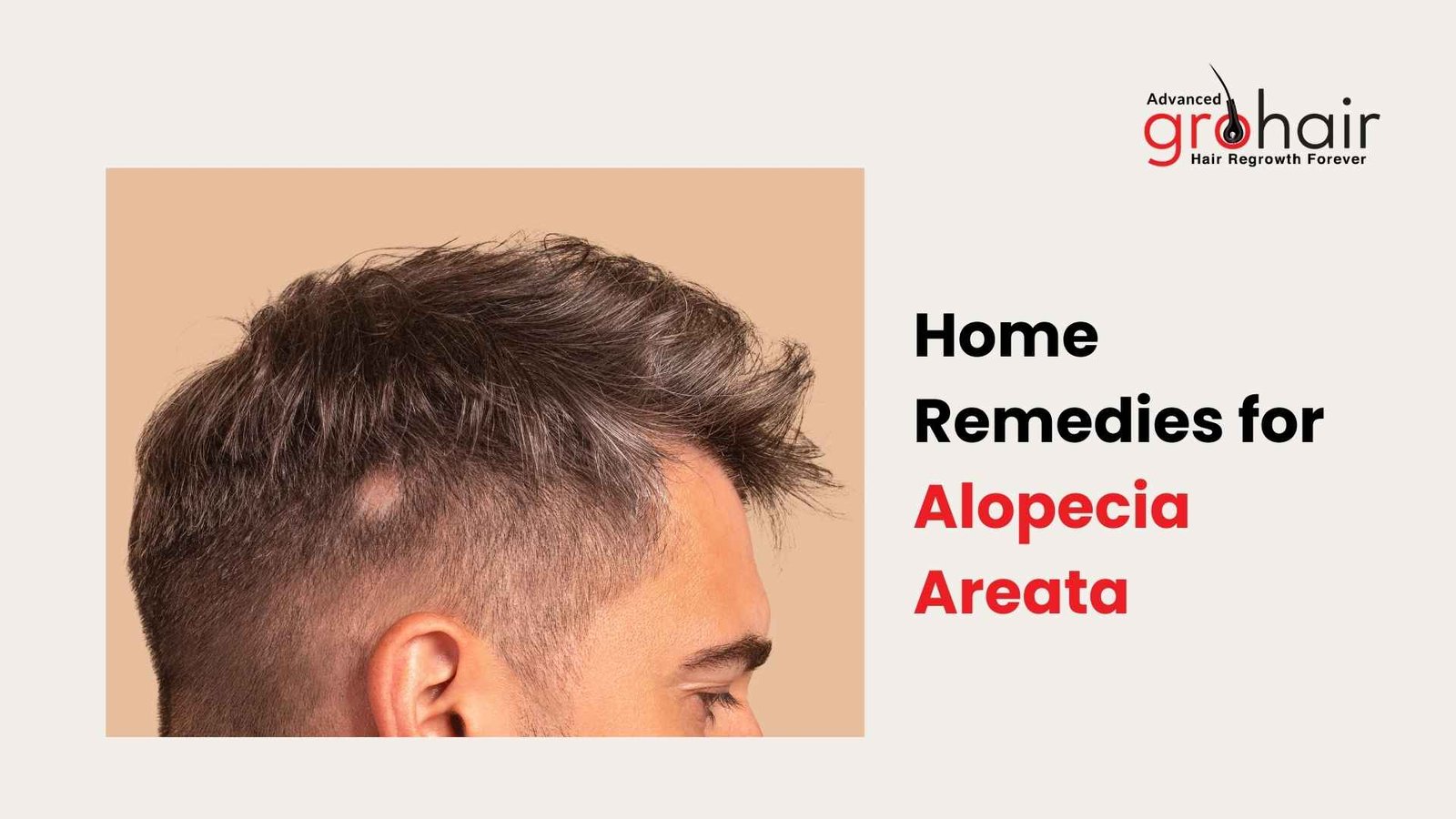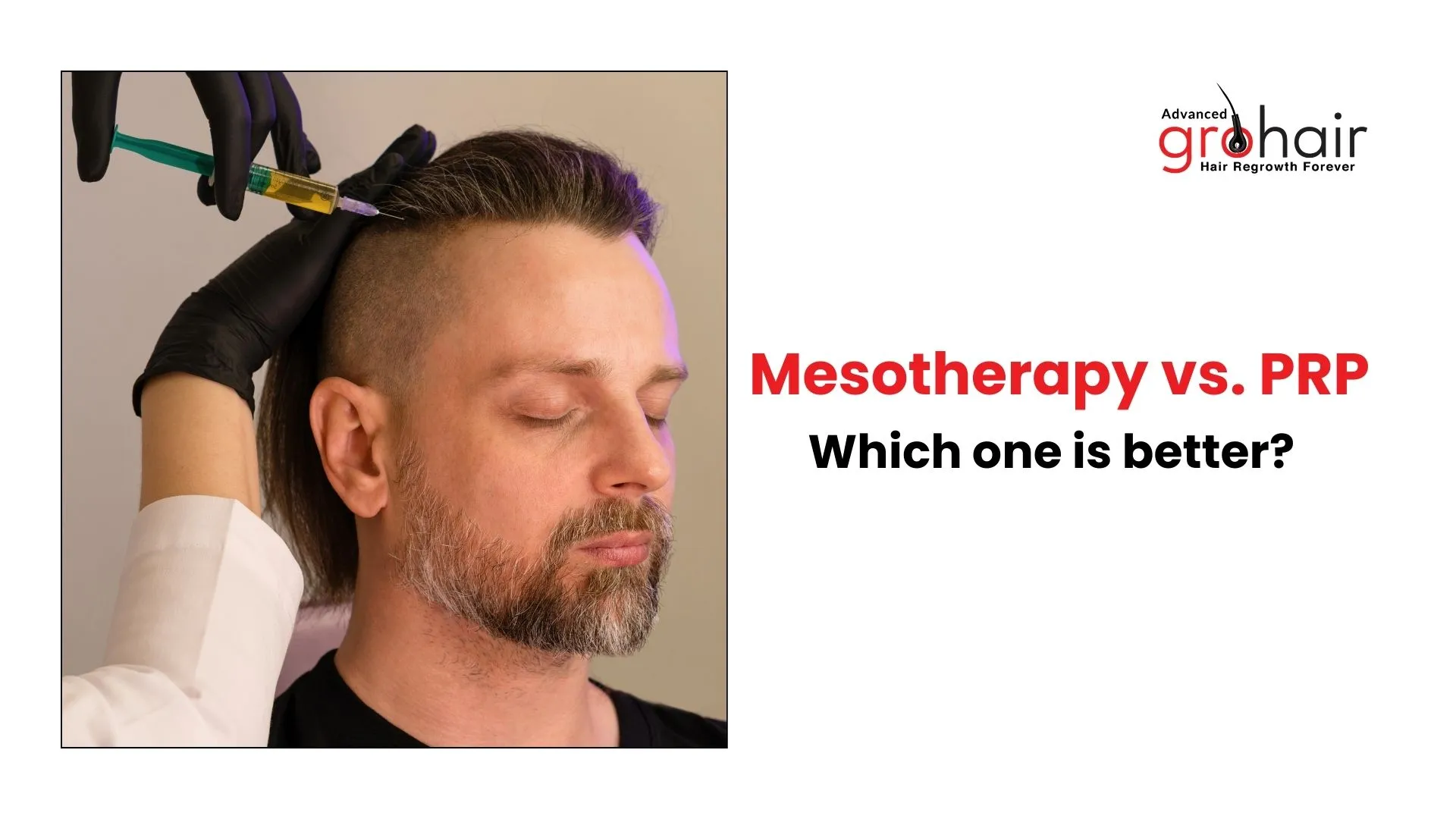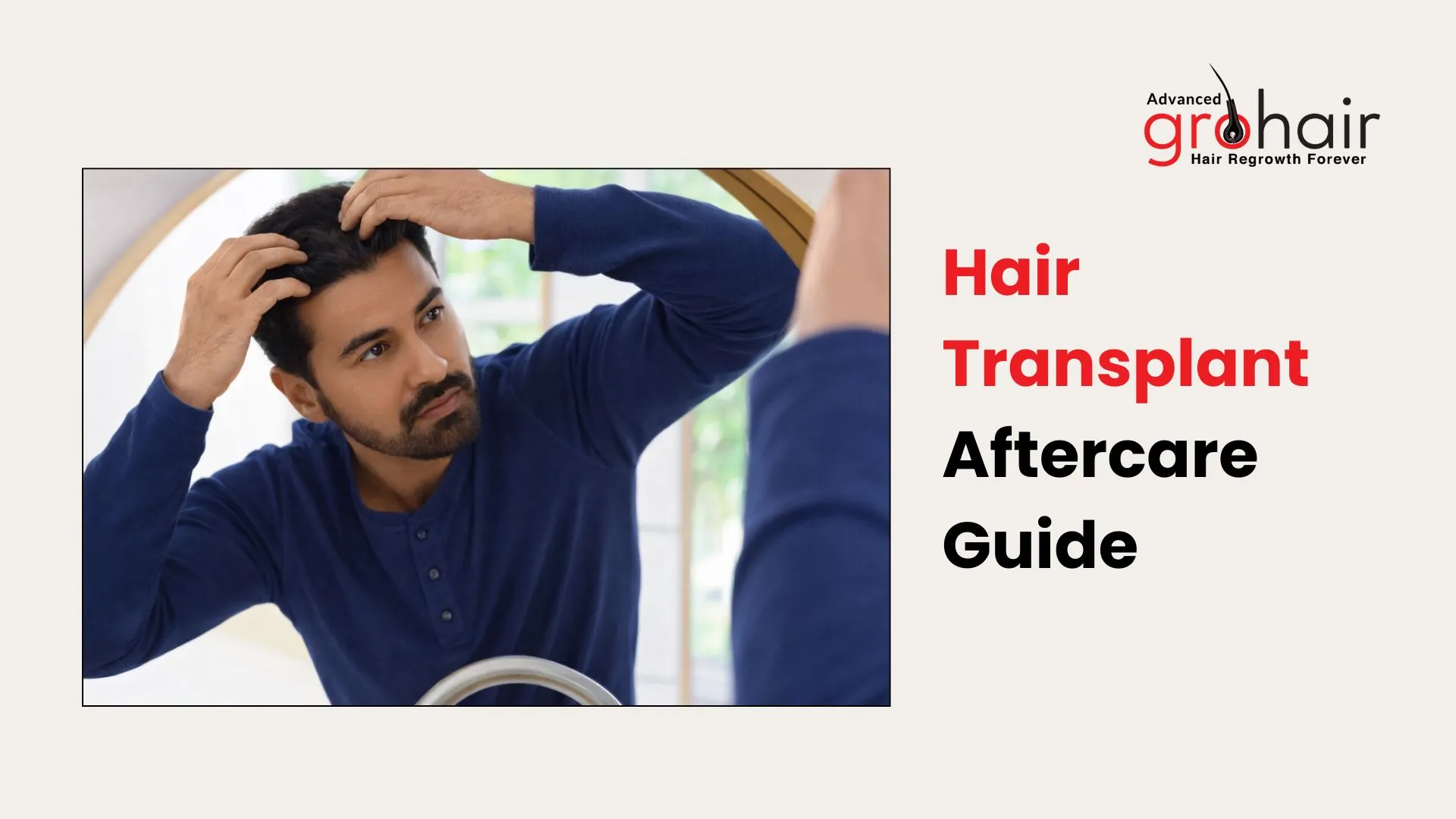Does Wearing a Helmet Cause Hair Loss? Facts & Prevention Tips

Is Your Helmet Secretly Stealing Your Hair? You wear a helmet for safety, but is it doing your hair dirty?
Many bikers and daily commuters remove their helmets only to discover strands of hair clinging to the insides of the helmets. Over time, they notice thinning patches, an itchy scalp, and increased hair fall—and naturally, they start to wonder: Is my helmet the culprit?
There’s so much conflicting information on the internet—some people say helmets are the cause of hair loss while others say that’s a myth. So, what’s the truth?
Shocking Fact: In fact, 40% of bikers have noted more hair thinning due to volume around their forehead and crown. If you’re finding more hair in your helmet lining as of late, you’re not the only one!
Here’s the Reality: Helmets do not cause baldness, but improper use of helmets might actually lead to hair loss. They can grow hair thinner, break hair in time due to friction, sweat build up, lack of hygiene, and constant pull on hair sometimes breaks the follicles.
But don’t worry—you don’t have to give up your hair for safety! By knowing how helmets impact scalp health and taking easy preventative measures, you can have healthy hair and be road-safe.
Let’s break it all down.
Does Wearing a Helmet Cause Hair Loss?
Not directly. Wearing a helmet won’t make your hair fall out—unless it’s not fit properly or hasn’t been cared for properly, which can lead to gradual harm to your hair.
Consider it this way—just as pulling styles of hair may result in hair loss (traction alopecia), a poorly fitting helmet or one that is not clean can put undue tension on your scalp.
The main culprits behind helmet-related hair problems
🔹 Constant friction – Straps and inner padding pull at the roots.
🔹 Sweat & oil buildup – Traps dirt, leading to dandruff & scalp infections.
🔹 Improper fit – Too tight? It restricts blood flow. Too loose? It rubs against your scalp.
🔹 Poor hair care – Failing to wash your hair often aggravates the issue.
So helmets are not responsible for causing hair loss but can provide ideal conditions for doing so if one is not vigilant.
The Biological Reason Behind Helmet-Related Hair Loss - What Helmets Do To Hair Follicles
Your scalp has thousands of hair follicles that need oxygen, nutrients, and open pores to grow strong healthy hair.
When you wear a helmet, however, several things happen that impede this natural process.
Blocked Pores & Oxygen Deprivation
Sweat, oil, and dirt accumulate under the helmet. This clogs your pores, trapping sebum (natural oil) inside. Follicles get suffocated, leading to weaker roots and increased shedding.
Restricted Blood Flow
A tight helmet compresses the scalp, reducing oxygen and nutrient supply to hair follicles.
Poor circulation = weaker hair growth, leading to brittle, easily breakable strands.
Increased Scalp Friction
Helmet padding constantly rubs against the scalp. This damages the outer hair cuticle and causes breakage at the root level.
Fungal Growth & Bacterial Infections
The inside of the helmet stays moist and sweaty and that promotes the growth of fungal infections. This damages hair follicles; over time, you get patchy hair loss.
Now that we’ve established the science, let’s get into the specific reasons how helmets might lead to hair fall.
Signs Your Helmet Might Be Causing Hair Loss
- Thinning hair & bald spots – Particularly near the forehead or crown.
- Increased hair fall after riding – More hair on your hands after touching your scalp.
- Scalp infections, inflammation, or flaking – Chronic irritation on the scalp.
- Flat and lifeless — Helmet hair that never seems to regain its volume even after washing.
If you’re having these same problems, it’s time to modify your hair care routine.
How to Prevent Hair Loss Due to Helmets
Use Herbal or Cooling Scalp Sprays
Keep a cooling mint or aloe vera spray to soothe the scalp before wearing a helmet. This reduces heat buildup and refreshes the scalp instantly.
DIY Helmet Deodorizer (Eliminate Odors & Bacteria!)
Sprinkle a mix of baking soda & tea tree oil inside your helmet liner overnight to absorb moisture and kill bacteria naturally!
Switch to Anti-Hair Loss Shampoos
To combat helmet-induced thinning, seek out shampoos containing Redensyl, Biotin or Caffeine.
Take Regular Breaks
Just as we also prevent from using your helmet for hours on end without a break from the scalp.
Scalp Massages to Increase Blood Circulation
Gently massage your scalp daily for 5 minutes to improve blood circulation and strengthen your hair follicles.
When to Seek Expert Advice?
If you’re losing your hair in large quantities, you’re for sure having an issue with your scalp that doesn’t go away, or you have noticeably bald patches, it’s time to visit a dermatologist.
When to you seek expert help:
- Insufficient hair growth despite adequate care.
- Chronic dandruff, infections or very itchy scalp.
- Patches of hair loss or lack of uniform thinning.
A doctor can recommend personalised hair treatments like Redensyl, PRP therapy, or supplements based on your condition.
Conclusion: Can You Prevent Helmet-Related Hair Loss?
Yes! Helmets don’t lead to hair loss per se, but not taking care of your scalp can speed up thinning, breakage, and overall bad hair health. The secret is not to give up wearing a helmet—since safety always takes precedence—but to develop healthy hair habits that reduce friction, sweat accumulation, and scalp stress
Your Next Steps:
- Get the proper helmet fit (neither too loose nor too tight).
- Clean & deodorize it with antibacterial sprays.
- Shampoo your hair normally and apply anti-hair fall shampoos.
- Treat your scalp right — massaged every day, bloated with tons of water and fed by good food.
Continue to follow these measures, but if the hair loss persists, see a dermatologist and choose sophisticated hair regrowth therapy such as Redensyl, PRP therapy, or specific hair supplements.
Your helmet is built to protect your head—don’t let it ruin your hair while it’s at it.
Book An Appointment
FAQs
Can I regrow hair lost due to helmet use?
Yes, if addressed early! Follow preventive care and consult a dermatologist if hair fall persists.
How often should I clean my helmet to prevent hair loss?
Ideally once a week—wash the liner and use antibacterial sprays.
Is wearing a cap under a helmet good for hair protection?
Yes! Use a moisture-wicking cotton cap to reduce friction & sweat buildup.
Does shaving my head reduce helmet hair loss?
Not necessarily—hair loss is about follicle health, not length.





